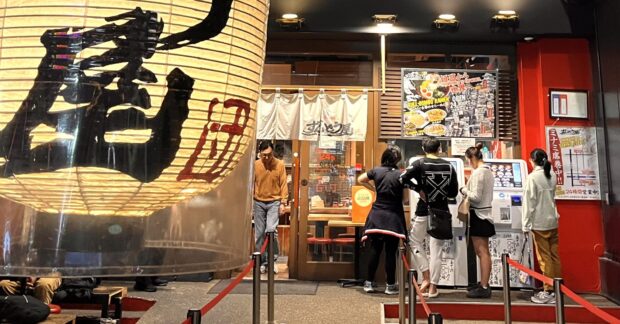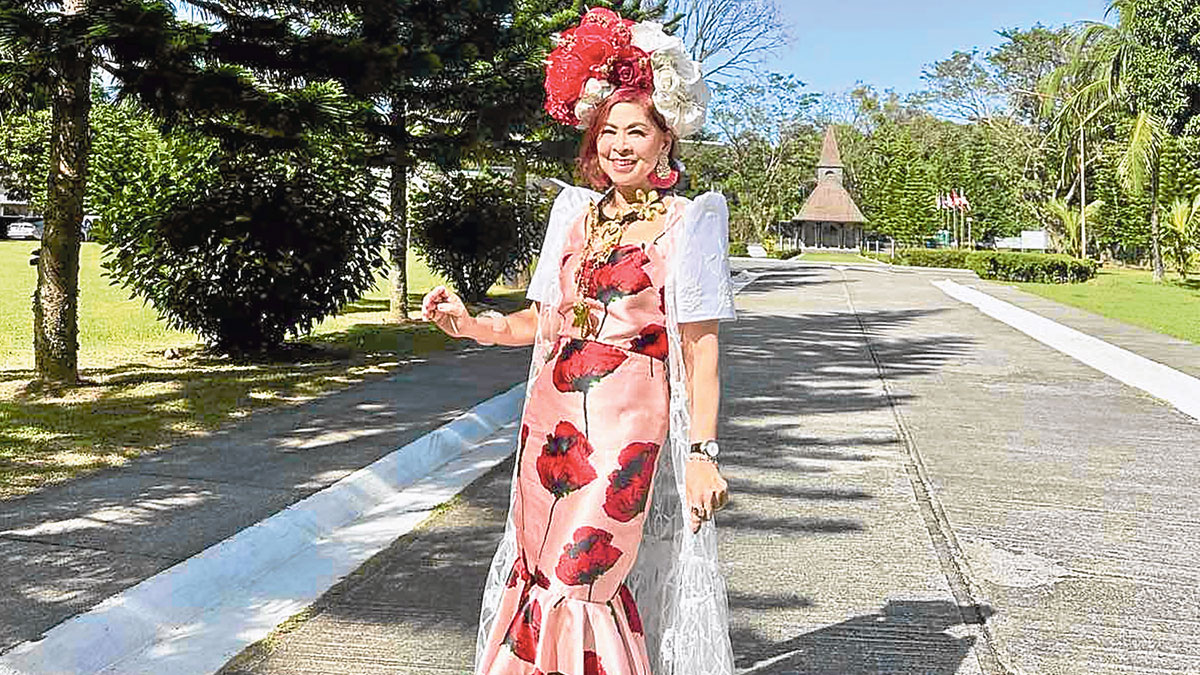
Francis was here! But, as luck would have it, both Vergel and I were at the time feeling the painful reality of seniorhood—he had just had a tooth extraction and I was between my first and second root-canal sessions. Actually, we’ve been, for our general sakes, reining in our usual eagerness to be a part of any mass action, no matter how close the cause might be to our hearts.
And nothing, indeed, could have been closer to our hearts than Francis’s cause, but we just had to content ourselves watching him on TV, at home, out of harm’s way, claiming our elderly privilege.
Francis arrived at 5 p.m., Jan. 15, and the moment he stepped on Philippine soil, turning it hallowed, the world as we knew it stood still; by presidential order no less, it went on holiday for all the four days he would be here. Only rightly so, for, if there’s anything someone like Francis deserves from the premier Christian nation in these parts, it’s its full attention. And also not only because he’s Pope, Vicar of Christ, but because of his uniqueness.
His specialness begins with his chosen patron saint, Francis of Assisi, who left home and forsook inheritance “to follow an injunction he felt came from Christ himself.” He heard His call: “Francis, go and rebuild my church.” And our own Francis has taken up both his name and cause.
Fidelity
As articulate with words as with the silence in his heart when he is at a loss for words, his every act, gesture, embrace, smile spreads the gospel of love, in charming fidelity to his patron saint, who commanded: “Preach the gospel at all times, and, when necessary, use words.”
In fact he has shed everything unnecessary, not just words—he wears the white habit of a parish priest, instead of the ornate papal vestments, and lives in a simple apartment, instead of the Pope’s palace, and commutes to the office, lugging his own work bag. It is this humility, this preaching by wordless example—although, as spare as they come, his wise words are not to be discounted—that has precisely set off such great winds of change across Christendom, and beyond. He has opened the doors of his church unequivocally, unconditionally, thus bringing new and robust hope to the marginalized, the outright rejects, the confused and the lost.
Arriving in Malacañang for the welcome rites, Francis wrote brief good wishes on the guest book for the president and his nation, signing simply—Francis.
At Mass in the cathedral the next day, Francis opened his homily to priests and religious gathered inside—as lay multitudes listened and watched on the screens outside—by reading from a dialogue between Christ and Peter from the day’s gospel; he began, “Do you love me?” And everyone, as though on cue, roared back, “Yes!” Which was exactly what the millions of Filipinos would be expressing, by their own presence, rain or shine, packing the roadsides, wherever he would pass. Love is thus paid back with love— “Amor con amor se paga.”
Francis chuckled. “Thank you very much—I was reading the words of Jesus,” he said, visibly touched. He went on to remind the clergy that the poor were at the core, at the very heart, of the gospel. “If you take away the poor from the gospel, we cannot understand the message of Christ.”
Three hours
He urged all of us to make a habit of prayer, within the context of our daily family life, as our own grandmothers did, once, in the olden days. Fr. Aris Sison revealed (to us lucky, old, tooth-sick sheep) via television that the Pope himself devotes at least three hours of each day to prayer, doing so when he wakes up and before he sleeps.
He flew to Tacloban to commune and commiserate with the victims of Yolanda, the typhoon that had flattened many of its villages and took thousands of lives last year. He followed the news of the visitation in the Vatican, and right then decided he should come. With eerie appropriateness, he came racing a typhoon—he beat it just in time; he was back in Manila before his plane could be caught in the peak of its violence.
Saying Mass right on ground zero, by the same sea that had set off the deadly, giant waves on Tacloban, he shelved his prepared speech, groped in his heart for the words, and asked to be permitted to speak in the language of his heart—Spanish.
He told his stricken flock that Christ, too, in his own Calvary, had felt abandoned and desperate, that He had been where they now find themselves. Only then, in that analogy, did Christ’s passion make sense to me: He loved me first! In Francis’s own heartfelt words, “Jesus te amo primero.” He reminded them—and me—to also not forget to cry out to the Blessed Mother, whom they share with their brother Christ.
He apologized for taking 14 months to come— “Un poco tarde, pero aqui estoy.” And he offered them his companionship through their struggle toward complete healing.
In the driving rain and howling wind, wearing the same flimsy raincoat they wore, he communed with them in a scene that speaks volumes about his capacity for compassion and love.
Everyone—those who went out for a glimpse of him in the flesh as well as those of us who drank in the experience from home—felt loved by him. We all took his smile, his look, the wave of his hand as something offered to each of us personally. He made us cry, righteously.
Francis was here, and, oh, the difference to us!














































